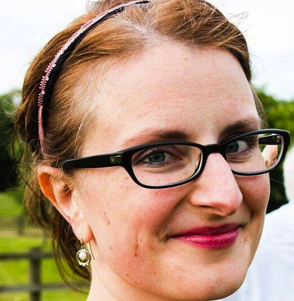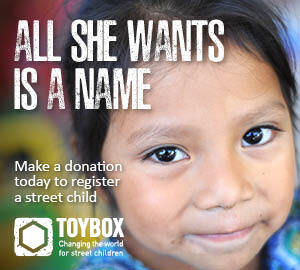Forgiveness was new to us, but not to our language
In Bible translation, it’s not always obvious how something should be expressed in the local language.

Sometimes the word you need doesn’t exist. The local language may, for instance, have seven different words for potato, but no word for glory. So, what to do? Sometimes you can expand the meaning of a word that’s already part of the language, sometimes you need to introduce a new word, and at other times God has something else in mind and it’s been right under everyone’s nose all along.
The Umanakaina
Norwegian couple Sigmund and Ingjerd Evensen and their four children spent many years working with a people group in Papua New Guinea called the Umanakaina. This people group lived in an isolated village that had almost no contact with the outside world. There were no roads into the village and for many people there the Evensen family were the first white people they’d ever seen. But the Evensens came to be accepted by the people group and spent 17 years living among them, creating a written language and helping to make the Bible in the Umanakaina language become a reality.
In translating the Bible into the local language, one terminology issue was the word ‘forgiveness’. The whole concept was alien. It seemed that no-one in this culture had ever forgiven anyone for anything. How then could they begin to understand this thing they had never done and had no words for? How could they accept God’s forgiveness, or forgive others?
Leaving for good
After several months of looking for a way around this obstacle, some intriguing terminology came out of a real life situation. One of Sigmund’s local ‘brothers’, Aidani, stopped by one day to announce that he was planning to leave for good the next morning. Someone else in the village had wronged him and, by way of retaliation, he would do what his people had always done: shame the transgressor by leaving for good.
Sigmund felt he knew a better way and tried to explain to Aidani about forgiveness, using passages from the Bible. The best Sigmund could communicate in the local language was the idea of erasing something from one’s mind, which didn’t really mean the same thing, but it was at least a concept that could be expressed. Aidani listened, but hadn’t changed his mind: ‘I can’t forget this. Nau denimena kayasugani. My decision is final: I’m leaving for good.’
Hang on, Sigmund thought. What was that adverb Aidani just used? What was this word denimena? From other contexts this word was used in, it seemed to indicate an autonomous, unconditional, irrevocable, free gift. Could this word have wider application? Sigmund asked Aidani to pair this word with the word for ‘to erase something from one’s mind’. Aidani replied: ‘Denimena notagogapani – well, you can say that in Umanakaina, but it’s impossible, isn’t it?’
Sigmund knew he’d finally discovered the Umanakaina expression for forgiveness. The solution wasn’t introducing a new word or repurposing an old one. Two simple words from their own language were put together for the first time to communicate a concept that the language had actually always been able to express.
Following Jesus
Aidani didn’t leave the next day as he had planned. He stayed in the village and learned how to denimena notagogapani – to forgive. Through this, he would also come to understand what God has done for all of us. Today, 95% of the Umanakaina people follow Jesus.
Camilla Lloyd, Wycliffe Bible Translators. Find out more about their work at: wycliffe.org.uk



